Hi there, pet lovers! 🐱
Cats have been human companions for thousands of years, captivating us with their independence, playful antics, and mysterious personalities. Whether you’re considering adopting a curious kitten or a dignified adult cat, this comprehensive guide covers everything you need to know—from personality traits and care requirements to health considerations and cost.
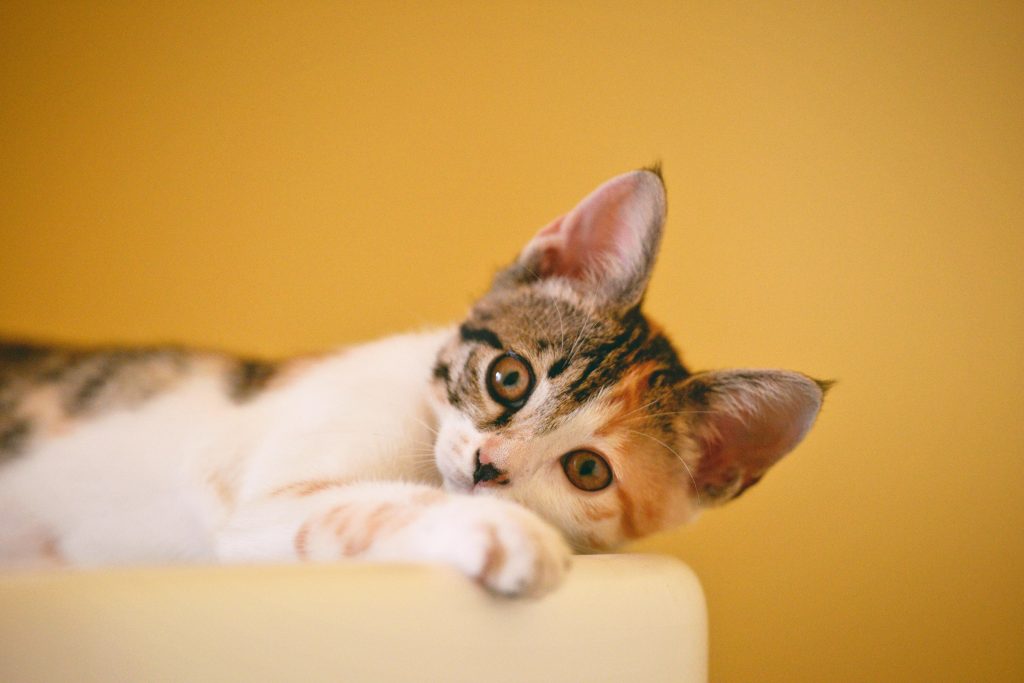
Overview
Cats (Felis catus) are one of the most popular pets worldwide, and for good reason. They’re adaptable, low-maintenance, and full of personality. Here’s a quick summary of what makes them unique:
- Handling and Temperament: Varies widely—some cats are affectionate lap lovers, while others are aloof and independent.
- Care and Maintenance: Relatively easy, but litter box hygiene and mental stimulation are crucial.
- Health and Durability: Generally hardy but prone to obesity, dental issues, and stress-related behaviors.
- Availability: Extremely accessible—adoption shelters, breeders, and even “free to a good home” options.
- Cost: Affordable upfront, but long-term expenses (food, vet care) add up.
- Overall: A fantastic pet for those who appreciate independence and companionship in one package.
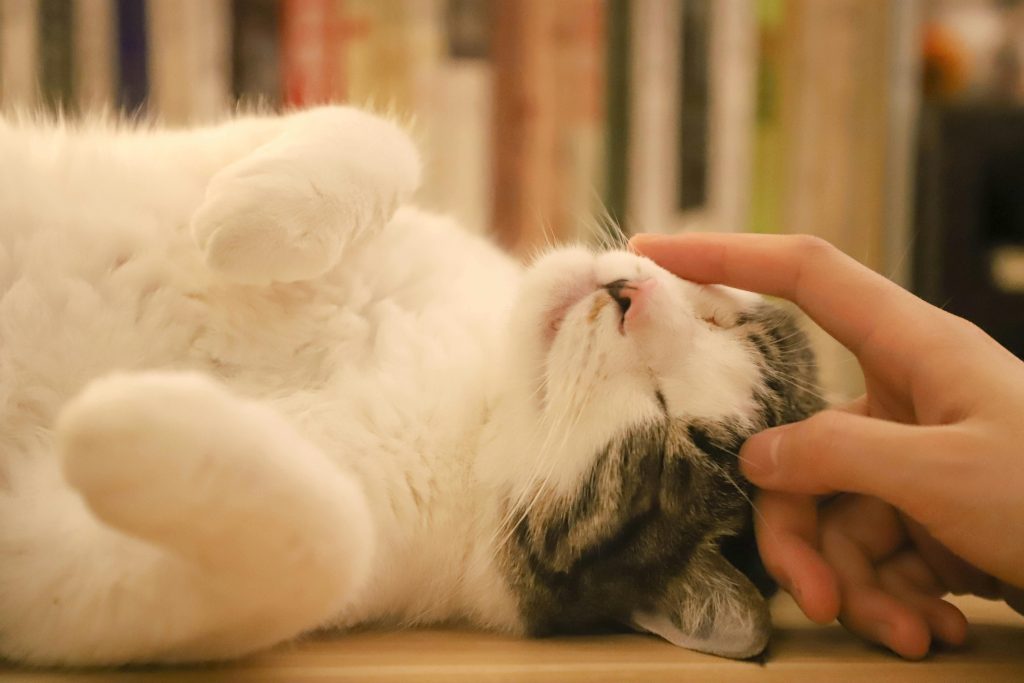
Why Choose a Cat?
Cats are ideal for busy individuals, apartment dwellers, or anyone who wants a pet that doesn’t require constant attention. They’re self-sufficient, clean, and capable of forming deep bonds with their humans—on their own terms. Their playful nature and soothing purrs make them wonderful companions, while their hunting instincts (even in play) keep life interesting.
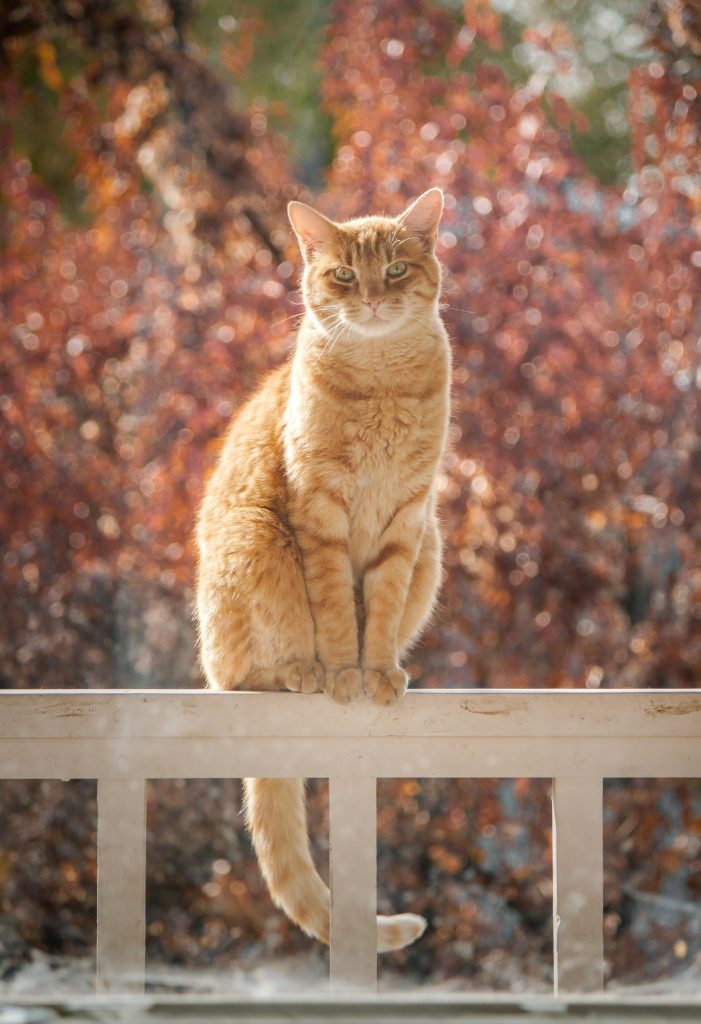
Handling and Temperament
Cats are as diverse in personality as humans. Some are social butterflies, while others prefer solitude. Understanding their temperament is key to a happy relationship.
Personality Variations
- Affectionate Lap Cats: Breeds like Ragdolls and Persians often enjoy cuddles.
- Playful Explorers: Bengals and Siamese thrive on interaction and mental challenges.
- Independent Spirits: Many domestic shorthairs prefer minimal handling.
Handling Tips
- Respect Boundaries: Let the cat approach you first. Forced interaction can lead to scratches or bites.
- Watch for Signals: Ears flat, tail flicking, or growling means “back off.”
- Gentle Introduction: Slow movements and soft voices help build trust.
Biting and Scratching
While rare, cats may nip or scratch if overstimulated or scared. Regular play with toys (not hands!) reduces unwanted aggression.
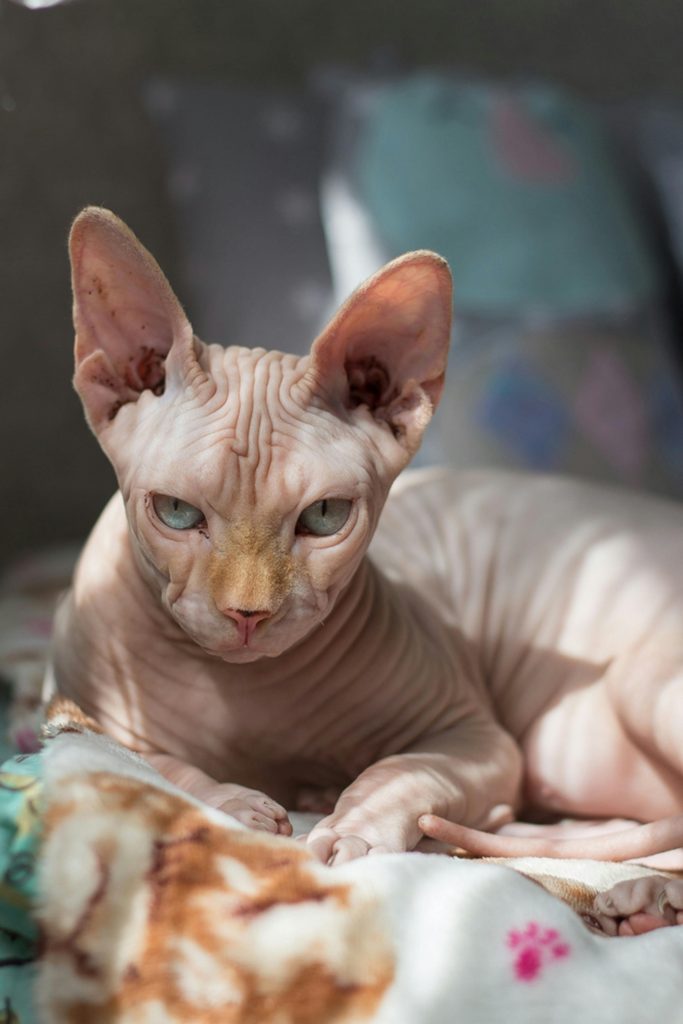
Care and Maintenance
Cats are low-maintenance compared to dogs, but they still need proper care to thrive.
Enclosure Setup
- Indoor vs. Outdoor: Indoor cats live longer (12-20 years) and are safer from predators, cars, and diseases. Outdoor cats face higher risks but enjoy more stimulation.
- Vertical Space: Cat trees, shelves, and perches satisfy their climbing instincts.
- Litter Box: Keep it clean—scoop daily, change litter weekly. Unscooped boxes lead to “protest peeing.”
Diet and Feeding
- High-Quality Food: Wet food supports hydration; dry food aids dental health. Avoid cheap fillers like corn.
- Portion Control: Obesity is a leading health issue—follow feeding guidelines.
- Treats Sparingly: Too many can cause weight gain or picky eating.
Grooming
- Short-Haired Cats: Weekly brushing reduces shedding.
- Long-Haired Cats: Daily brushing prevents mats (e.g., Maine Coons, Persians).
- Nail Trimming: Every 2-3 weeks to avoid furniture damage.
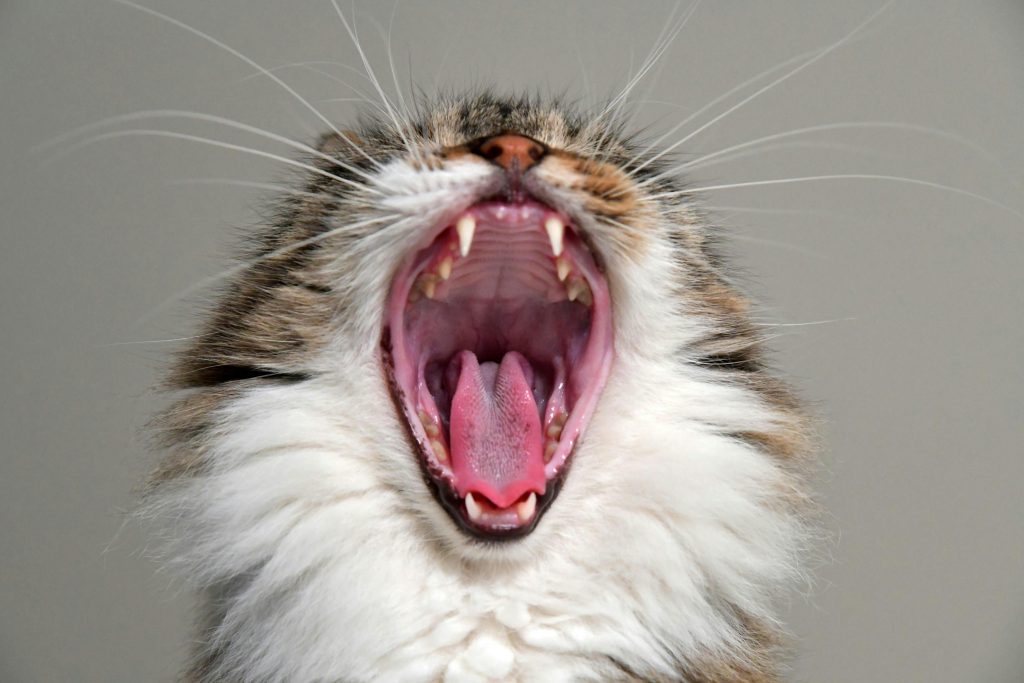
Health and Durability
Cats are resilient but need preventive care to avoid common issues.
Common Health Problems
- Dental Disease: Regular vet cleanings prevent painful tooth decay.
- Urinary Issues: Especially in males—crystals or blockages are emergencies.
- Parasites: Fleas, ticks, and worms require routine prevention.
Preventative Care
- Annual Vet Visits: Essential for vaccinations and early disease detection.
- Spay/Neuter: Reduces aggression, spraying, and cancer risks.
- Enrichment: Boredom leads to stress; puzzle feeders and toys keep minds sharp.
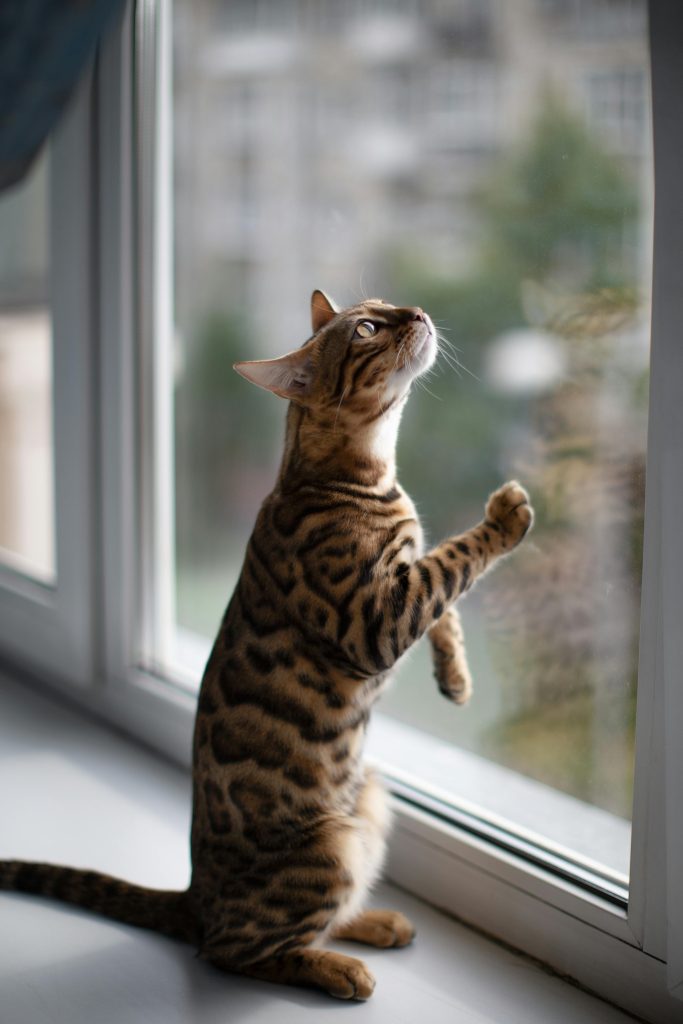
Availability and Cost
Cats are everywhere, but sourcing responsibly matters.
Where to Get a Cat
- Shelters: Adopting saves lives and often includes vaccinations/spaying.
- Breeders: Research ethical breeders for specific breeds (e.g., Bengals, Scottish Folds).
- Community Cats: Strays or ferals can be socialized with patience.
Cost Breakdown
- Adoption: $50 to $200 (includes vet work).
- Breeders: $500 to $3000+ for pedigrees.
- Supplies: $100 to $300 initially (litter box, carrier, toys).
- Ongoing Costs: $20 to $100/month for food, litter, and healthcare.
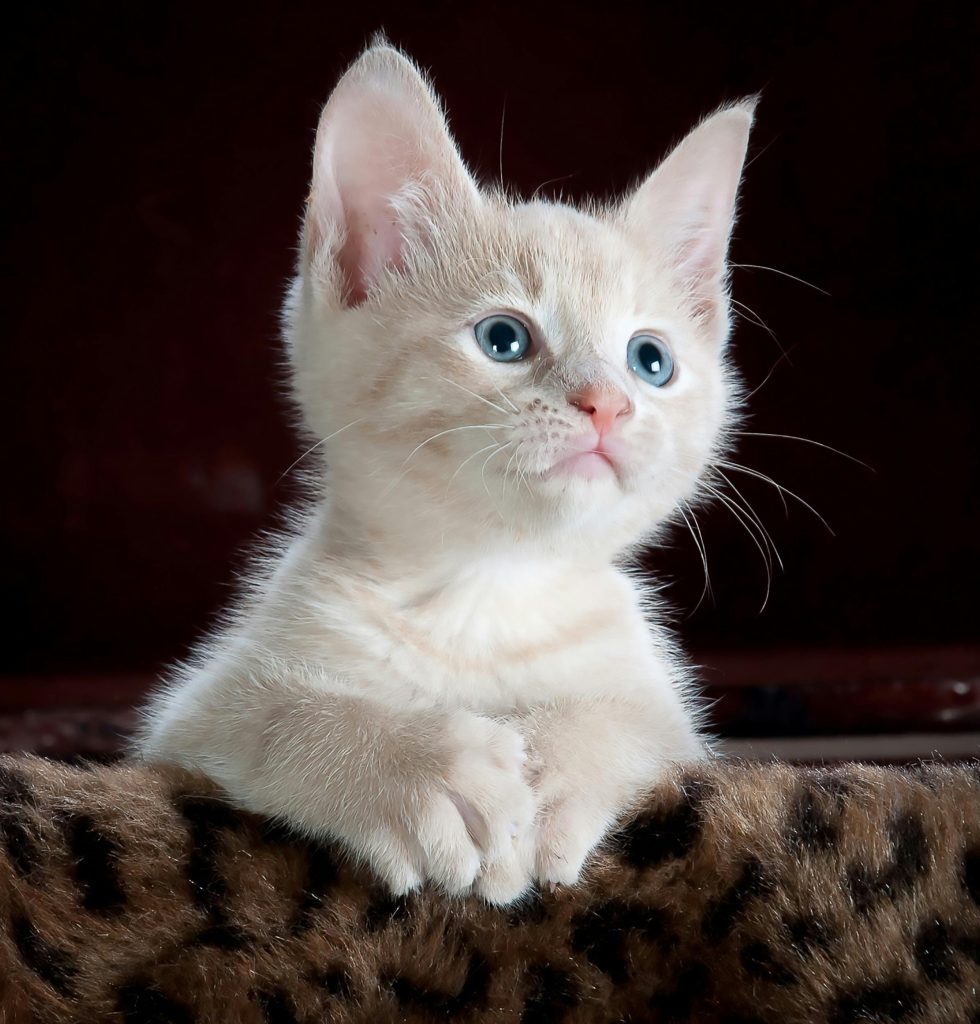
Pros and Cons
Pros
- Low-maintenance compared to dogs.
- Quiet (usually) and apartment-friendly.
- Long lifespan with proper care.
Cons
- Shedding and allergies (common in 10% of people).
- Scratching furniture if not trained.
- Potential for costly vet bills (e.g., chronic conditions).
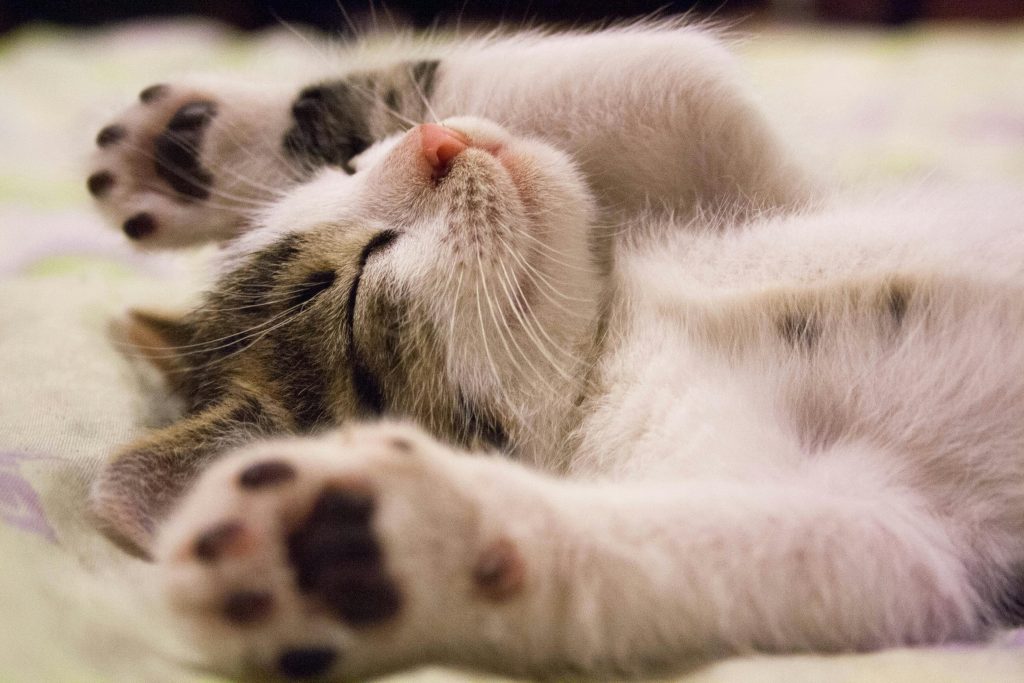
Final Thoughts
Cats are perfect for those who want companionship without constant demand. Their adaptability, charm, and quirks make them endlessly entertaining. Whether you adopt a playful kitten or a serene senior, a cat can bring joy—and a touch of mischief—to any home.
Considering a cat? Visit a shelter first—you might just meet your perfect match. For more pet guides, subscribe to our newsletter! 🐾

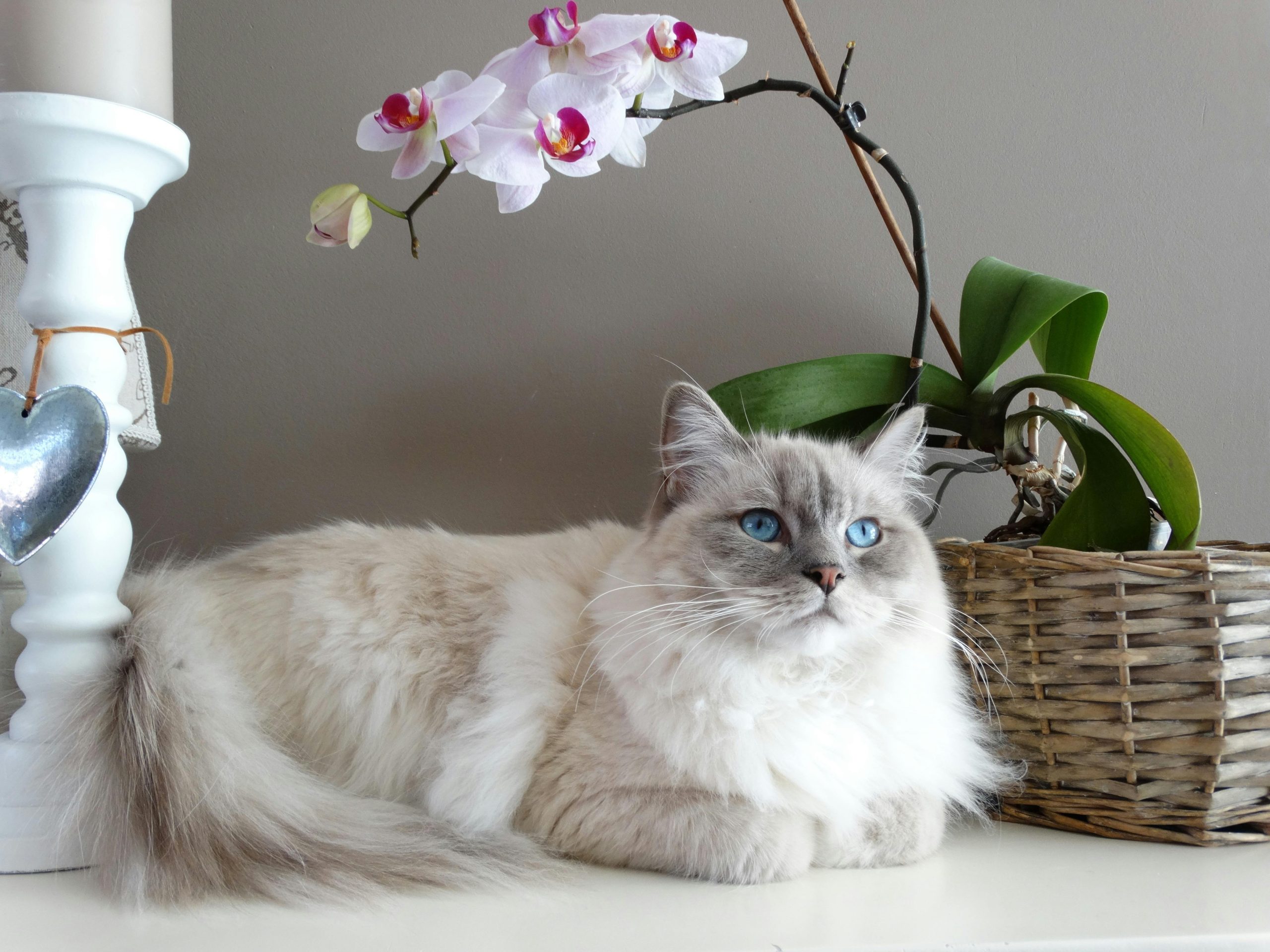



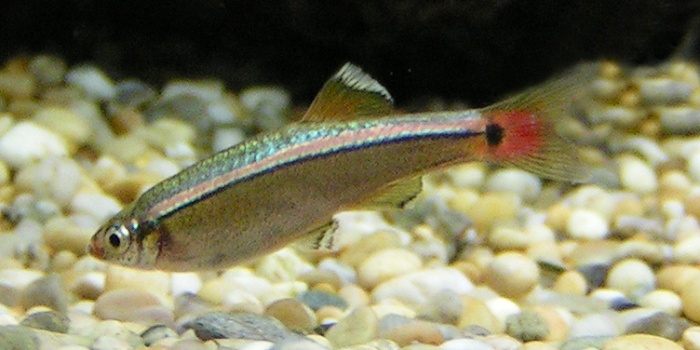

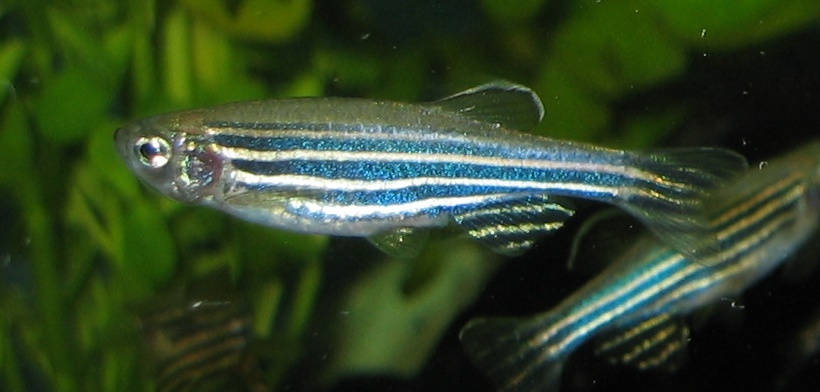
Leave a Reply